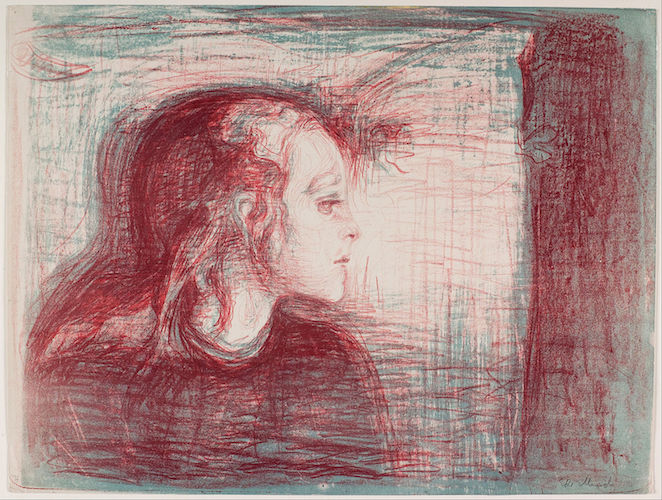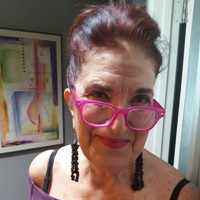
What do you do after you walk out of the pediatrician’s office when he’s just given you the final diagnosis?
Where do you go? Home to look into the eyes of your children? Out for coffee—forever?
How do you live? How do you even talk to people or look at their healthy children?
How do you breathe?
“Both of her little girls have it,” said the woman across the table about her friend—a mother of two, who had just found out that because of a rare disease caused by a recessive gene, neither of her children would live past their teens.
My friend was crying. They weren’t her children—but it didn’t matter. She was crying for her friend, for her friend’s children, for all of it.
She didn’t know what to say to her friend. She didn’t know whether to say anything at all.
The woman’s children were perfectly healthy—or so she thought. So we all think.
It only happens to other people’s children, until we get the same diagnosis that one in 100,000 other children have received.
~
In my mind, I see a plant shoot. It is coming up from a crack in the concrete. The concrete had been poured over the lawn, and this one shoot—this one blade of grass—refused to be crushed.
I see a man in a cave, in the desert, cutting his own arm off when he realizes that it is hopelessly, permanently trapped between boulders.
I see my friend with the number tattooed on her wrist putting yet another cigarette out in the ashtray while we sit and smoke together.
I see life.
“You think when you finally give birth to your children, and the doctor says they are fine, you can take a huge sigh of relief.”
But you can’t.
There is always concrete being poured. There are always arms getting caught between boulders. There are always holocausts.
Some of us pray—some reach out to family, friends or church members. Some find solace in online support groups.
We think: Let me at least find someone else who has been through this. Someone who is still standing.
When my husband was diagnosed with Parkinson’s Disease, the collective wisdom of an online support group a friend sent to me was a lifesaver.
We must all find something, even while we are struggling, to help us just keep putting one foot in front of the other—to hold us up in the midst of the greatest storms of life.
We must find a center that gives us the urge to grow up from between the cracks. That gives us the courage to dismember ourselves for our own sakes. That allows us to live with the knowledge that we survived when so many others did not.
Eventually, we find it.
We find the strength.
~
I was at the lowest point of my life. The lowest.
I was sitting in meditation, on my cushion in my bedroom, when I felt the presence of something making itself known by raising the hair on my arms and on the back of my neck.
“Who are you? Please tell me who you are, so that I am not terrified!” I cried out.
I began to sweat. My breath shortened.
She spoke to my soul:
“I am the mother of mothers.
I am the womb of wombs.
All that you know, and all that you don’t know, has come from me.
Before there was time—I was.
I am the source of all, and I have come to give you my promise.”
I could see her blue light. I could feel her. She was there.
She made me a promise:
“I will be with you always.”
Now I know that if (when) I get the type of devastating news that my friend’s friend received, I can walk straight out of that doctor’s office into the arms of the Great Mother.
I can leave the afflicted children there at her feet. I can leave my friend and her friend there. I can leave the pain and the anguish and the suffering—the too-much-to-bear suffering—there.
I can turn everything over.
She will carry me and them and it—because she can.
She is the Mother of us all.
You can recognize her by the small, round, blue light you see when you close your eyes in silence.
Author: Carmelene Siani

No comments:
Post a Comment